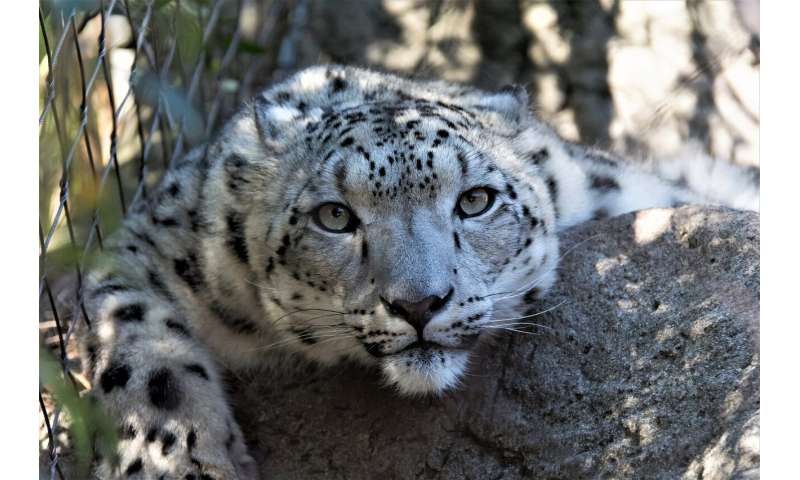"There are known knowns; there are things we know we know. We also know there are known unknowns; that is to say we know there are some things we do not know. But there are also unknown unknowns - the ones we don't know we don't know."
- Donald Rumsfeld, US Secretary of Defense
Every month, I write two or three new species fact profiles for the blog. I consider it a fun opportunity for me to share a few amazing but lesser-known animals with the readers, as well as a chance for me to learn a little about those animals myself. Often, the biggest challenge I have is that very, very little is known about many of these animals, either in the wild or in the zoo.

In recent years, zoos have begun to place so much focus on their missions of conserving wildlife and inspiring people to care about wildlife that it seems like the goals of education and research have taken back seats... or been left behind as the car sped away. There is so much that we can learn about animals in our care that we don't yet know, including knowledge which could help conserve the species in the wild.
We already have employees who are knowledgeable about animals, inspired to learn about them, frequently are well education, and who tend to be very keen observers. Due to severe staffing shortages caused by the inevitable lack of money, what they don't often have is the crucial factor of "time." Whenever possible, zoos and aquariums should try to set time aside for their staff to pursue research, both in the library (I feel like zoos really need to go back to maintaining staff libraries, as virtually all of them used to do), online, or out with the animals, collecting data. Docents, volunteers, interns, and students - graduate, undergraduate, and even high school - can be recruited to help collect data.
This isn't just about research for research's sake. We have the potential to learn so much more about the phyisiology, reproduction, nutrition, and behavior of animals, data that could be very difficult or expensive to obtain in the vastly-diminishing wild. The founders of many zoos envisioned them as places of scientific learning. I think that's a legacy that we should revisit.
No comments:
Post a Comment